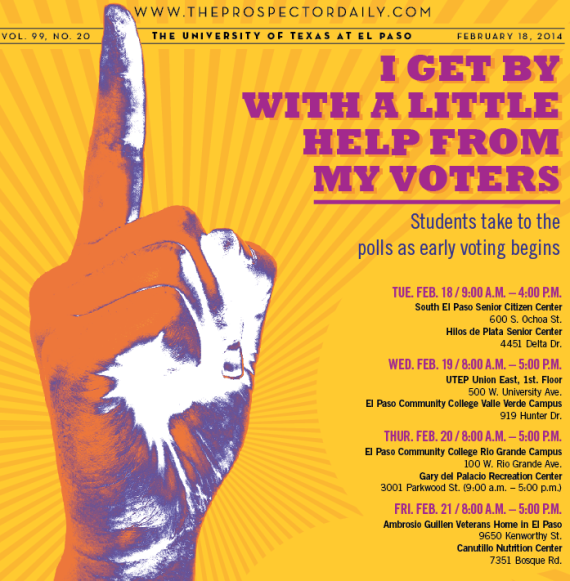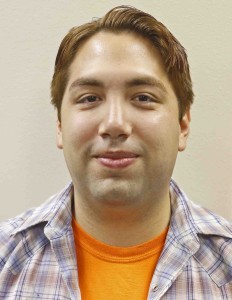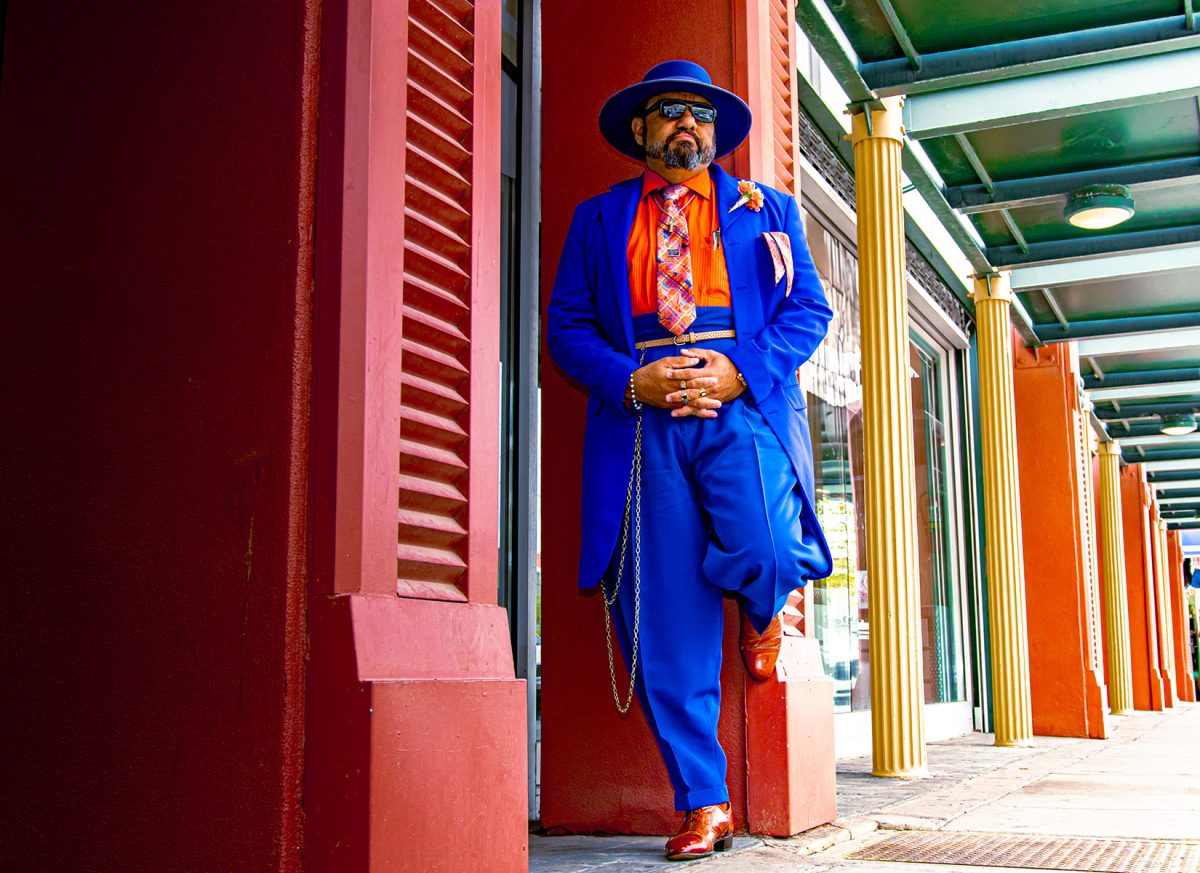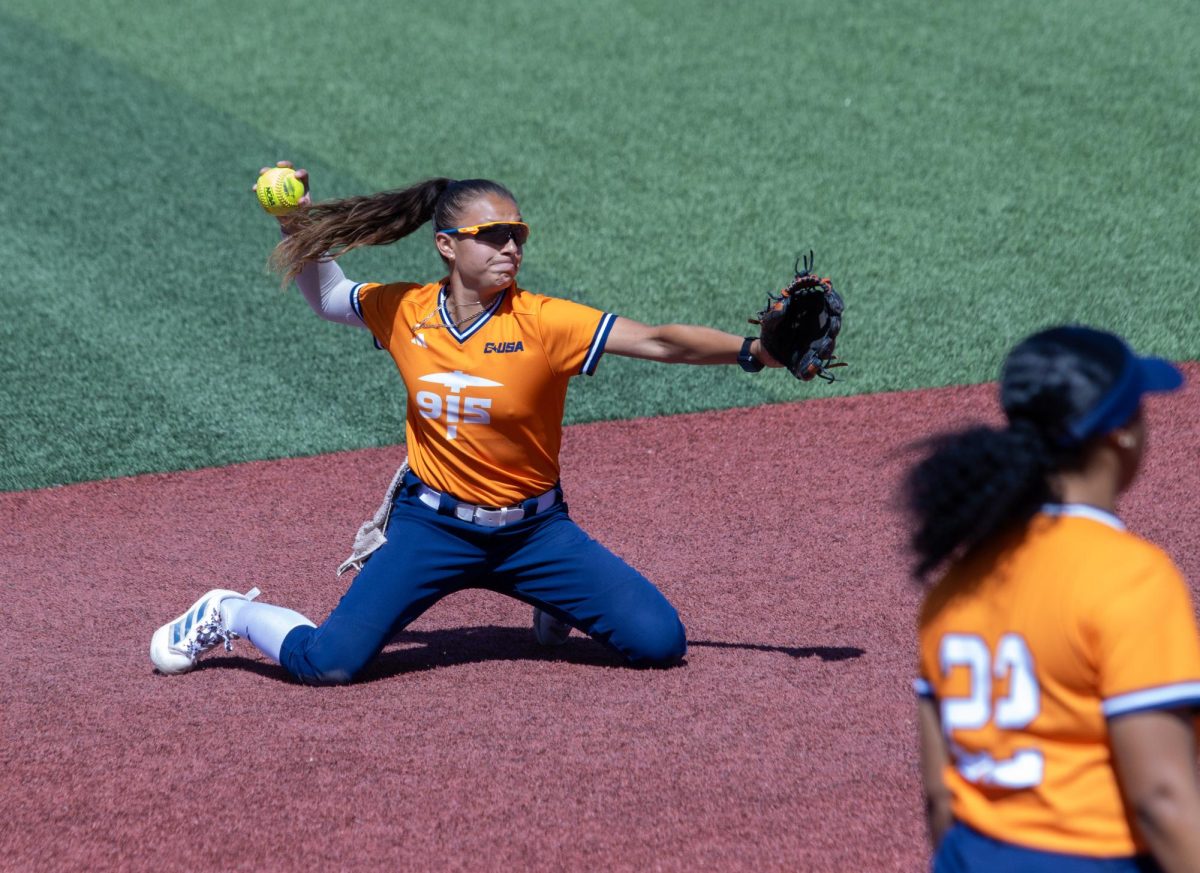Early voting begins today at more than a dozen locations around the city. This advanced balloting period will last until Feb. 28.
This year, voting will be easier for students with UTEP receiving a mobile polling location. On Wednesday, Feb. 19, students will be able to vote at Union Building East. Ballots may be cast on campus from 9 a.m. until 5 p.m.
This type of student voting is special because students will be able to participate on campus regardless of their home precinct.
Generally, citizens may only vote at a location based on geographic districts.
Four years ago, during the 2010 gubernatorial race, 160 UTEP community members took advantage of the on-campus polling. Statistics from the El Paso County Elections Office show that 115 ballots were cast on a Democratic ticket while 45 GOP primary ballots were counted.
Kimberly Escobar, junior kinesiology major feels indifferent about the election. She said voting is important at a local level, but when it comes to a national election, she feels she doesn’t know enough.
“I don’t really vote, I don’t think my vote makes a difference,” she said.
Arleen Reyes, senior history major and senator-at-large for the Student Government Association, encourages students to vote in the primary elections.
“I think there might be apathy to vote just because you don’t understand how it directly effects you,” Reyes said.
Reyes is president of the UTEP student chapter of the Texas Freedom Network, which is a non-partisan organization that registers student voters and promotes political awareness.
Reyes said the TFN will offer training on Feb. 22 and 23 on campus at the Blumberg Auditorium at the UTEP Library. Reyes said this training will give students guidance on how voting works.
Kathleen Staudt, political science professor, said students should be aware of who holds office locally or nationally.
“Students’ futures are being shaped by the people who are elected to make decisions on their behalf,” Staudt said. “Those decisions will affect them in either a good or a bad way.”
On the ballot will be a senator, governor, commissioners and a number of legal or civil positions.
“We anticipate this being a high participation election,” said Javier Chacon, El Paso County elections administrator. “The two biggest elections are always the president and the governor’s.”
Chacon said that anyone planning to vote in the primaries must have their registration completed and bring a valid form of identification.
As of last year, Texas elections require an acceptable form of ID. Documents accepted include driver’s licenses, election identification certificates, passports and military ID cards.
“This is my first time, so I’m kind of excited,” said Leslie Palacios, freshman biology major. “I want to participate and be involved.”
Students will be able to choose to vote as a Democrat or Republican. Voters do not have to be registered members of the party to vote on a specific ticket.
Voters will pick candidates, within a party, to compete against their opposition in the November general elections.
At the top of the Republican ballot are the team of Greg Abbot and David Dewhurst vying—respectively—for the Governor and Lt. Governor’s position. Democrats will pick from a gubernatorial race, currently led by state Senator Wendy Davis and state Senator Leticia Van De Putte for Lt. Governor.
Past El Paso mayor John Cook is also appearing on the Democratic ballot in the race for the Commissioner of the General Land Office.
Four El Paso County Department of Public Services offices will be open on Saturdays in order to ensure voters can pick up a free electoral ID. DPS offices open on Saturdays, until March 1, are the Gateway Office, Hondo Pass Office, Northwestern Office and the Scott Simpson Office.
Normal primary voting will take place on March 4.
For more information about polling locations, ballots or voting eligibility, visit epcountyvotes.com.
Helen Yip and S. David Ramirez may be reached at [email protected].











